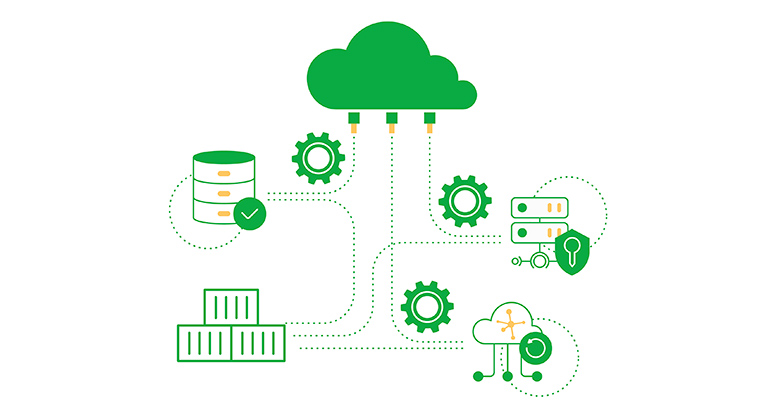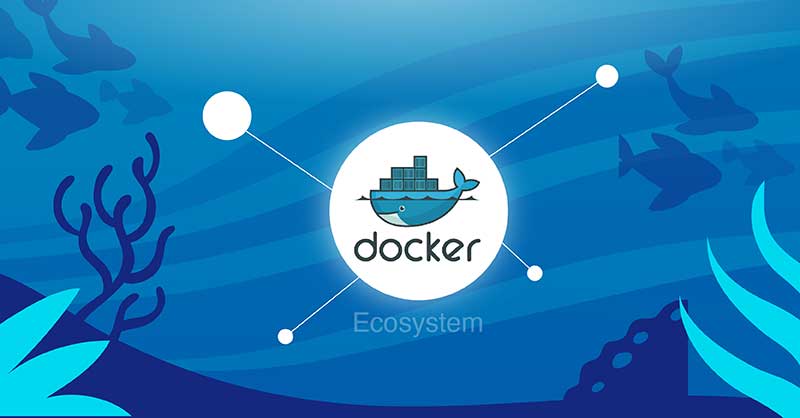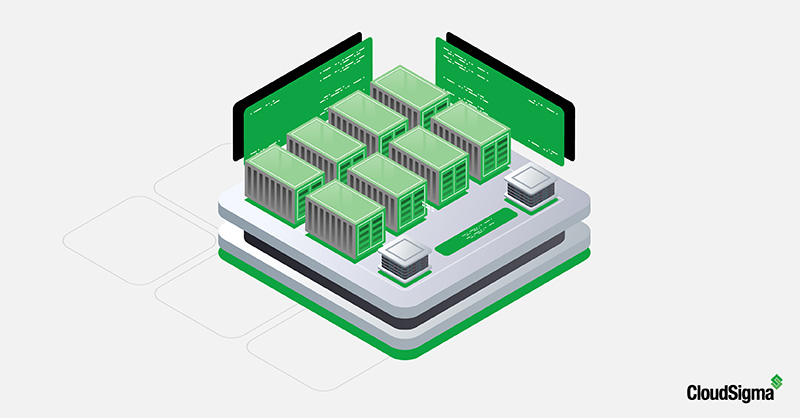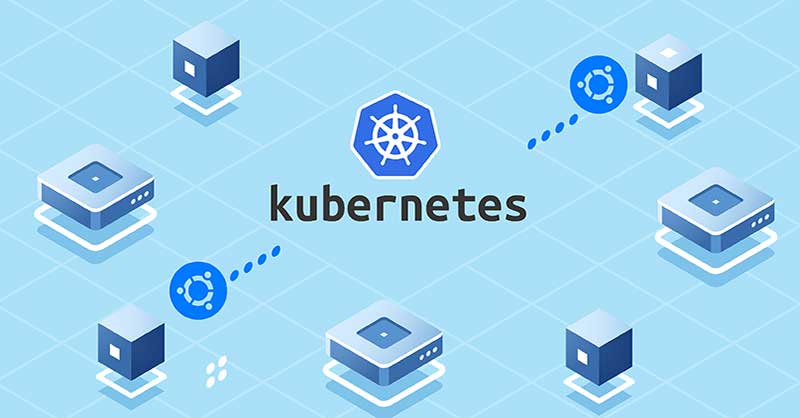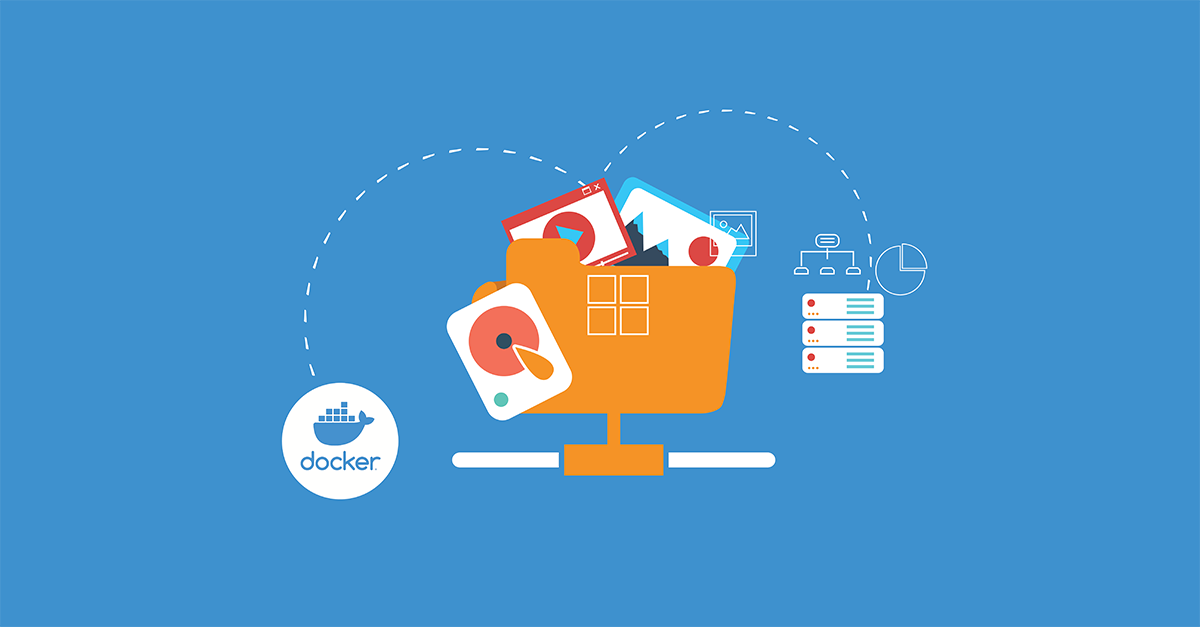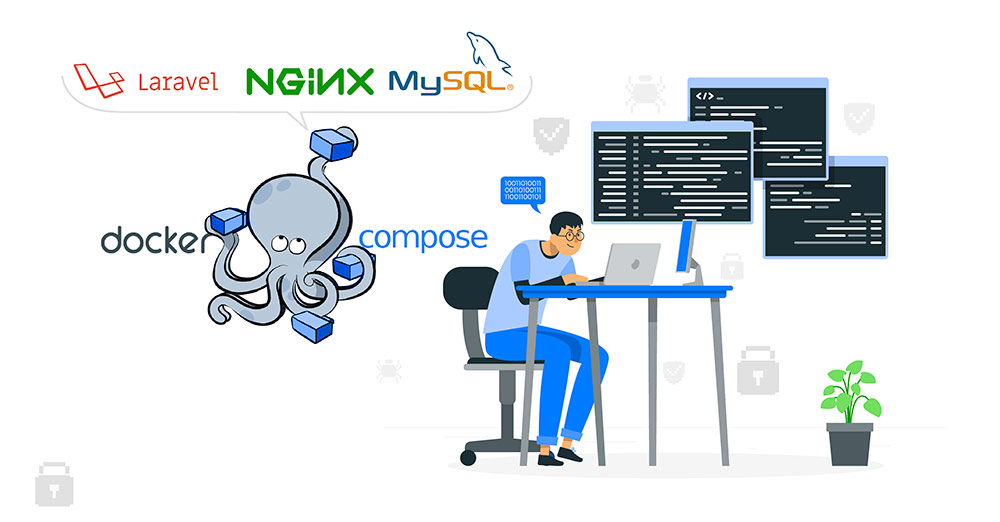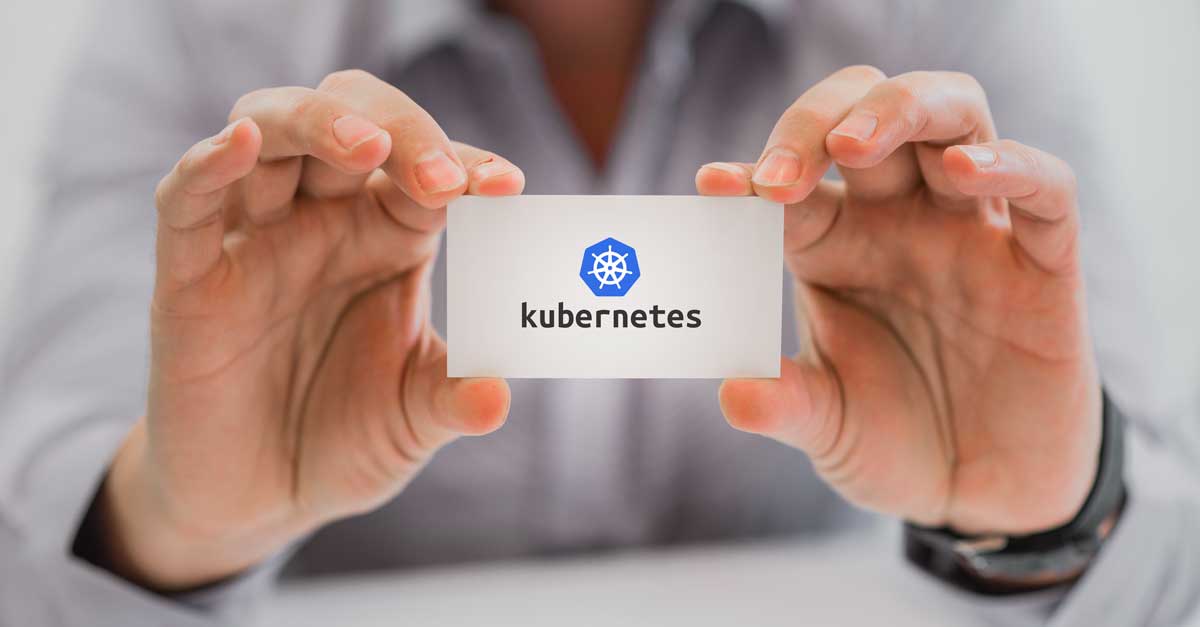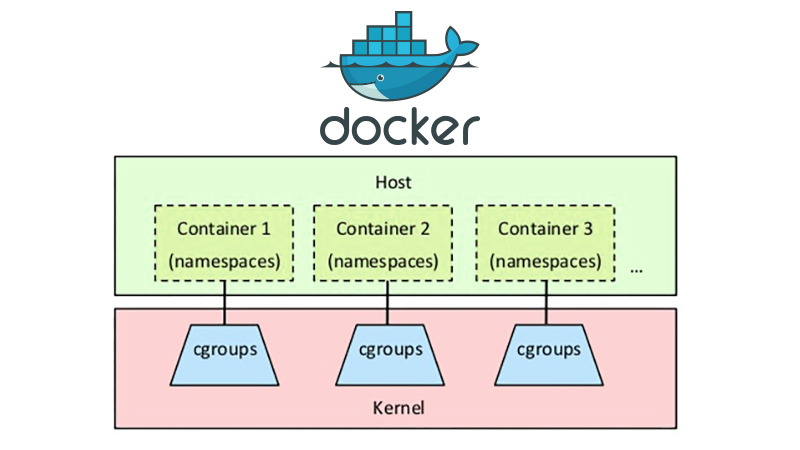Both virtual machine (VM) technology and container technology are crucial for cloud computing. These are virtualization tools that are designed to make the cloud hosting environment much more portable and user-friendly. Each of these technologies has its unique characteristics that determine its specific pros and cons. However, in recent years more and more companies have started to turn towards containerization. …
What is Docker? An Overview of the Docker Ecosystem
Introduction If you dabble in the world of programming, then you may be familiar with the term ‘containerization’. If not, containerization is a process that helps make applications more manageable. It works by allowing the programmer to distribute applications in organic, portable packages. Each package is lightweight and isolated, complete with its own environment. These individual packages are known as …
Containerization Technology: Types and Uses of Different Containers on CloudSigma’s PaaS Platform
Container technology provides a way for you to package your applications. You can put it into individual packets that are functionally capable and independent. CloudSigma’s Platform-as-a-Service solution (PaaS) offers two different types of containers: system containers and application containers. Let’s explore what each of these are, how they work, and where you can use them. What are System Containers? System …
How To Create a Kubernetes Cluster Using Kubeadm on Ubuntu 18.04
This tutorial will guide you on setting up a Kubernetes cluster from scratch using Ansible and Kubeadm and further deploying a containerized Nginx application with it. Introduction Kubernetes (also known as k8s or “kube”) is an open-source container orchestration platform that automates many of the manual processes involved in deploying, managing, and scaling containerized applications. Kubernetes has a rapidly growing …
How To Share Data Between a Docker Container and a Host
Introduction Generally, Docker containers only run for a certain period of time – the time it takes to run the command. The data that is available inside the container can only be accessed from within the container during the runtime. Docker volumes can be used for accessing the files easily and storing them for a longer period. For example, if …
Deploying Laravel, Nginx, and MySQL with Docker Compose
Introduction Continuous Integration (CI) and Continuous Deployment (CD) are some of the most trending topics in software development currently. To achieve the CI/CD aspect of software architecture, developers make use of containers. Containers are lightweight, virtualized, portable, software-defined environments. In containers, the software can run in isolation of other software running on the physical host machine. The focus of this …
Getting to Know Kubernetes
Container Technology and Docker The idea of using containers for deployment in an application environment is not new. People have been using it for several years and with much success. With the help of containers, developers are able to isolate an application’s coding and configuration in an executable package. This prevents needless interference and hangups that would only slow down …
Clean Up Docker Resources – Images, Containers, and Volumes
Docker is one of the most popular products in organizations these days. It makes the process of managing applications in containers very easy. Docker provides portability, performance, agility, scalability, and isolation to the applications since it uses containers. Containers are more portable and require fewer resources than virtual machines. As you work with Docker, you tend to accumulate an excessive …
How to Run Docker on CloudSigma (with CloudInit) Updated
In the past couple of years, Docker has received a tremendous amount of attention. While the concept of containers is hardly anything new (something we at CloudSigma talked more about in this previous post), Docker appears to have become the go-to container manager. To automatically deploy Docker at CloudSigma, you will need: An SSH key. Basic understanding of Docker. The official …
Manage Docker resources with Cgroups
Last month I spoke at ApacheCon about Cgroups. It appears as very few Linux users (including yours truly until not too long ago) are familiar with Cgroups and their power. This is a pity, because Cgroups are very powerful, and allows you to allocate resources on your servers in a far more granular fashion than any other tool available in …
Build your own PaaS (with Dokku)
One of the most popular PaaS providers today is Heroku. Heroku, along with other PaaS providers like Engine Yard is loved by developers because it makes the deployment of a new application extremely fast and simple. It’s not hard that most developers would rather write code than setting up and troubleshoot servers. So it’s not hard to figure out why …
- Page 2 of 2
- 1
- 2


